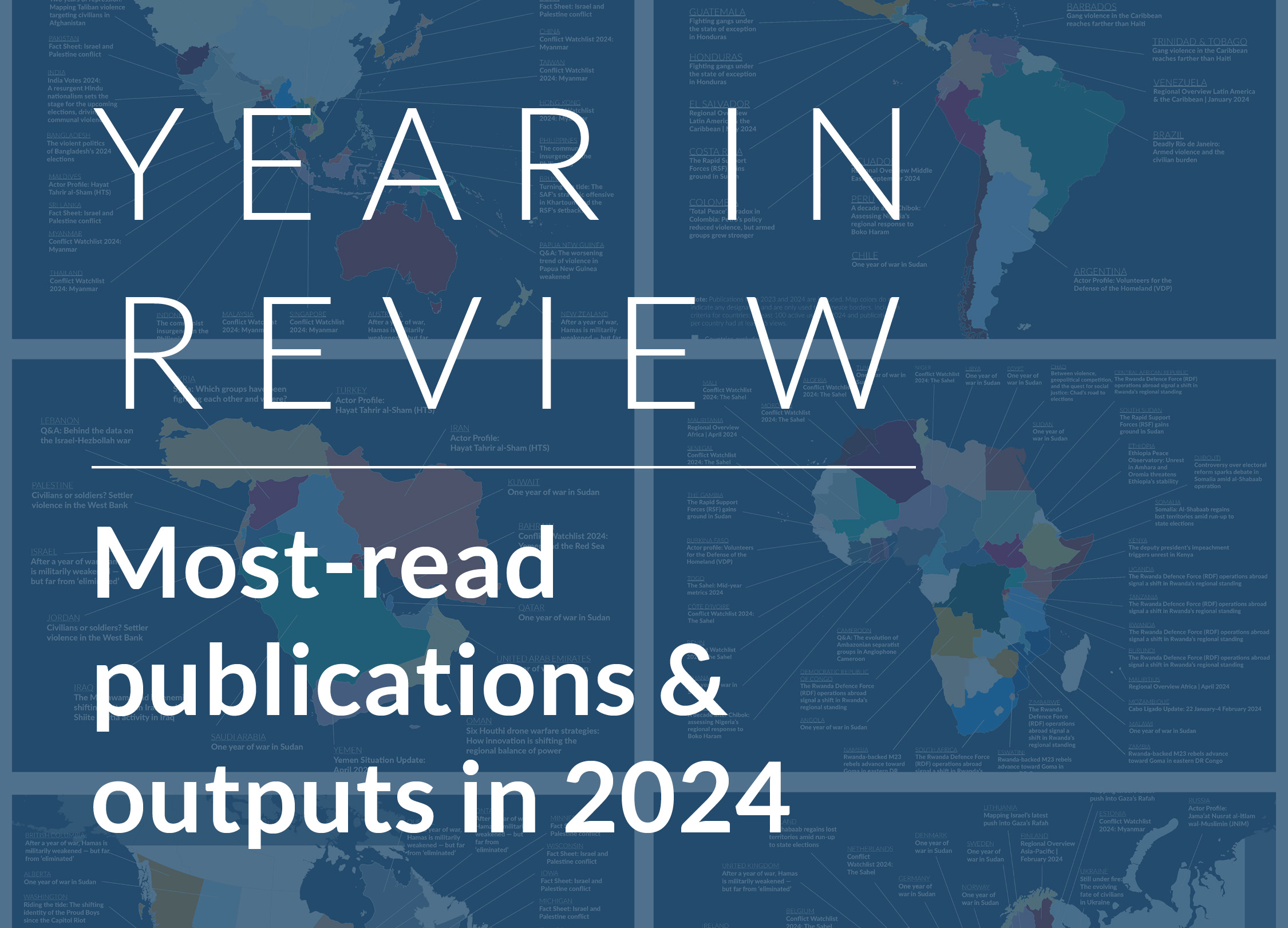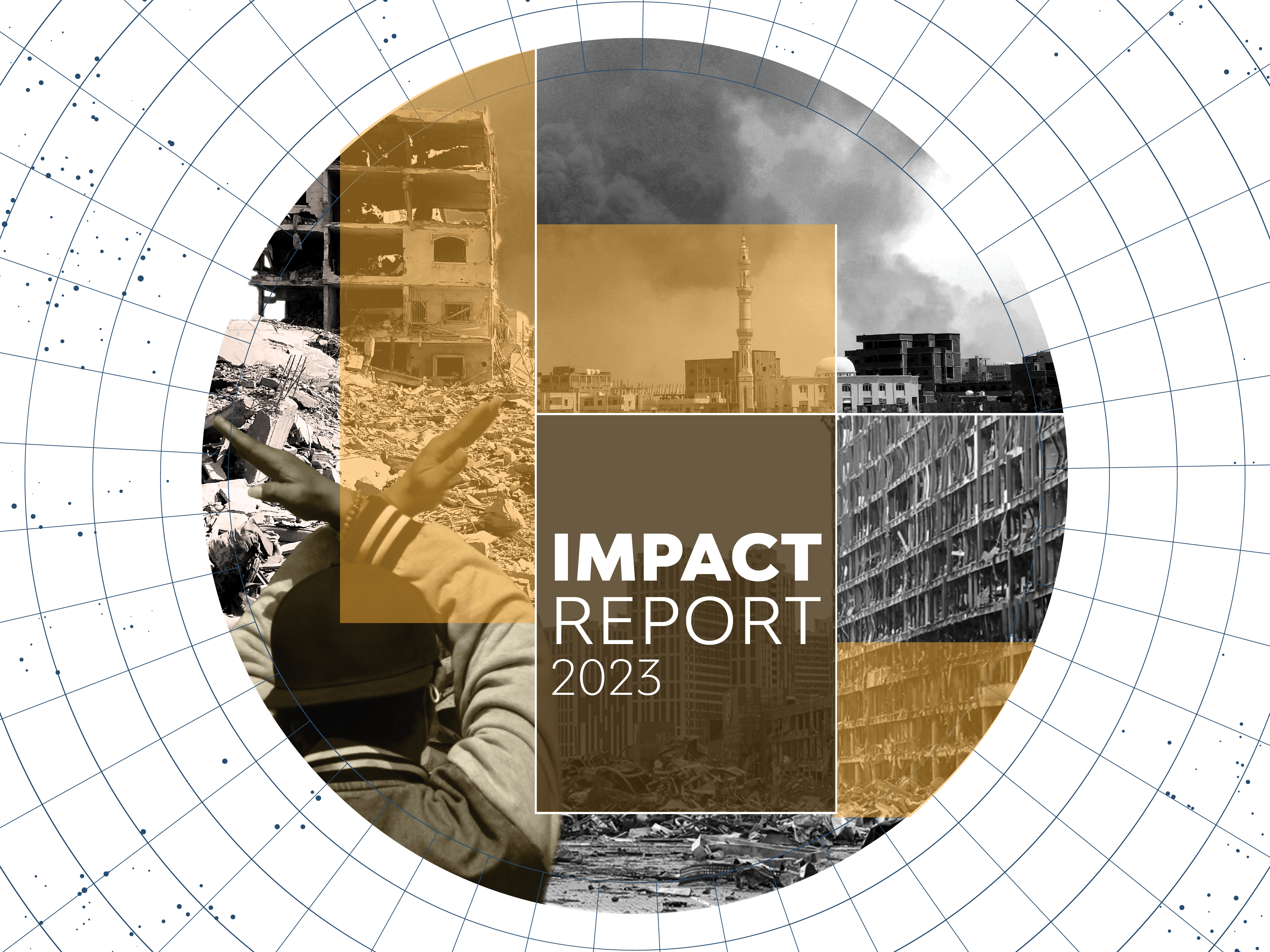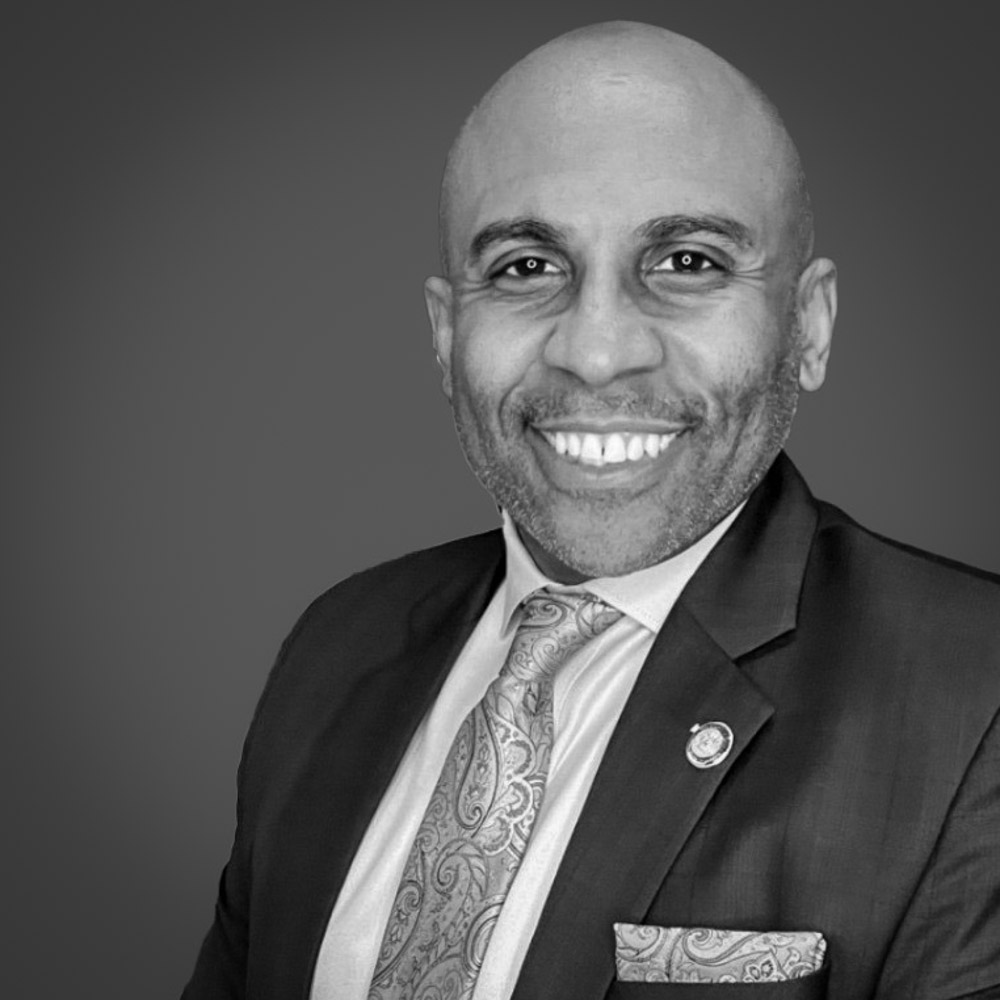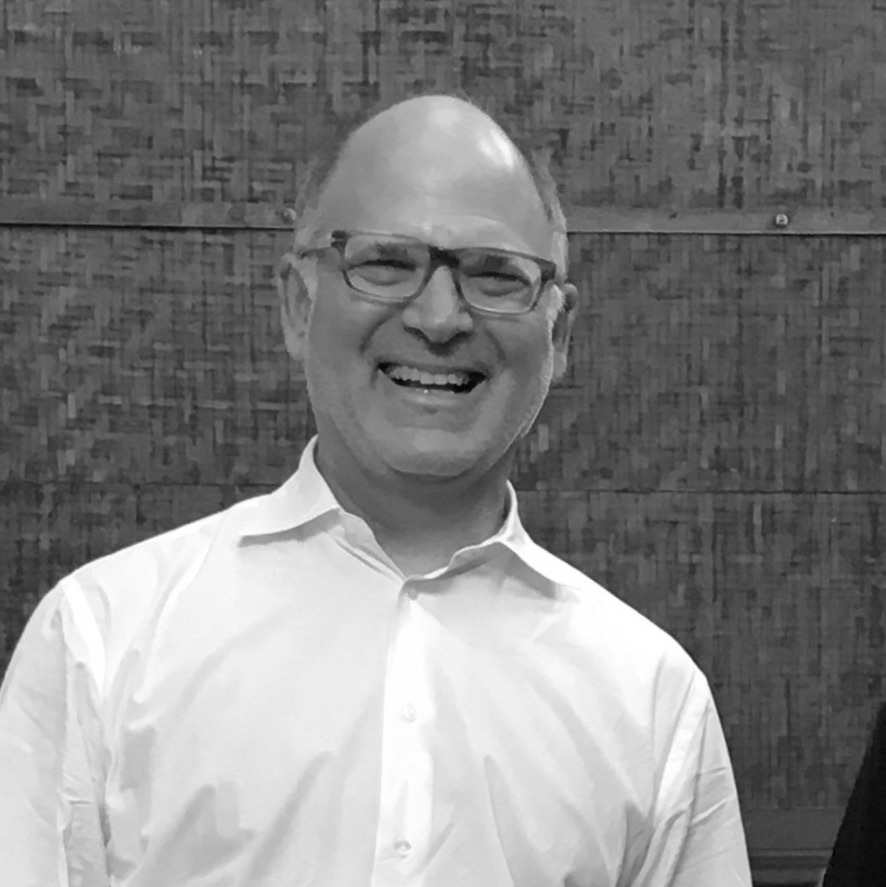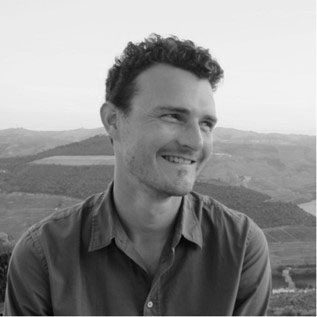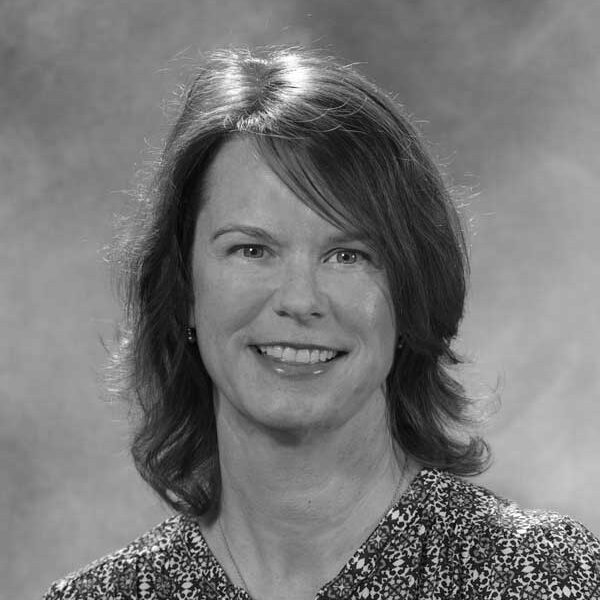Bringing clarity
to crisis
Armed Conflict Location & Event Data (ACLED) is a disaggregated data collection, analysis, and crisis mapping initiative. ACLED collects information on the dates, actors, locations, fatalities, and types of all reported political violence and protest events around the world. The ACLED team conducts analysis to describe and explore conflict trends.
Vision & Mission
Data for a peaceful world
Our mission is to provide accurate and accessible data and analysis to better inform decisions that reduce violent conflict.
This statement reiterates our dedication to making our data and analysis accessible so that it can have a lasting impact, and our commitment to ensuring that every dataset, report, and analysis we produce is reliable and relevant. Our mission also underlines our impact: our data will better inform decision-makers when they are shaping interventions and policies that are both effective and rooted in a deep understanding of conflict dynamics.
ANNUAL REPORT | Published: January 2025
ACLED 2024: Publications Year in Review
This annual report highlights the most-read publications and lists the top 10 most-visited web pages for each of the six regions for the year.
ANNUAL REPORT | Published: July 2024
ACLED 2023: Impact Report
This annual report highlights some of ACLED’s main accomplishments from 2023 and provides an outlook for 2024.
ACLED data allows for comparative analysis by year and location to measure the impact of the current conflict in the Sahel. This is the most comprehensive source available.
United Nations Office for the Coordination of Humanitarian Affairs (UN OCHA)
The availability of ACLED data and analysis has made it more difficult for governments to deny the existence or severity of a conflict while also providing peace advocates easy access to key figures.
Good Governance Africa
There are parts of our analysis which would be severely hampered or impossible to conduct, if we did not have the ACLED data to rely on.
Danish Refugee Council
One of the key benefits of ACLED is the granularity of the data, which provides detailed information on the location, actors, and dynamics of violent events. This has allowed researchers and practitioners to identify patterns and trends in conflict that were previously difficult to discern.
University of Khartoum
History
ACLED was created by Clionadh Raleigh, a Professor of Political Violence and Geography at the University of Sussex, in 2005 as a component of her PhD work. Since 2014, ACLED has operated as a non-profit, non-governmental organization incorporated in Wisconsin. In 2022, ACLED expanded coverage to the entire world, collecting data in real time and publishing weekly updates.
Detailed history:
Funding
ACLED is a registered non-profit organization with 501(c)(3) status in the United States. ACLED receives financial support from the Complex Risk Analytics Fund (CRAF’d), the Norwegian Ministry of Foreign Affairs, the Tableau Foundation, and the Effective Peace Initiative (EPI).
ACLED partners with Mapbox for support on the latest location data and mapping tools.
The project has previously received funding from the Bureau of Conflict and Stabilization Operations at the United States Department of State, the German Federal Foreign Office, the International Organization for Migration, the University of Texas at Austin, and the European Research Council under the European Union’s Seventh Framework Programme (FP7/2007-2013) / ERC grant agreement n° 283755 from 2013 to 2017.
Governance
Overseeing and advising on ACLED’s practices and contributions
Policies
Read our terms of use that you agree to abide by when accessing ACLED data, and details how to properly cite or acknowledge the organisation when using ACLED data in a publication.
Read our policies covering the use and collection of data through the ACLED website.
The Armed Conflict Location & Event Data Project (ACLED) does not tolerate sexual exploitation, abuse, or harassment (SEAH) of any kind. This applies to our own organization and extends to those we work with. If you suspect or have experienced sexual exploitation or abuse, please immediately report it to ACLED’s Designated PSEAH Lead at [email protected]. ACLED’s policy on sexual exploitation, abuse, and harassment is outlined in our Code of Conduct for Protection from Sexual Exploitation, Abuse, and Harassment.

